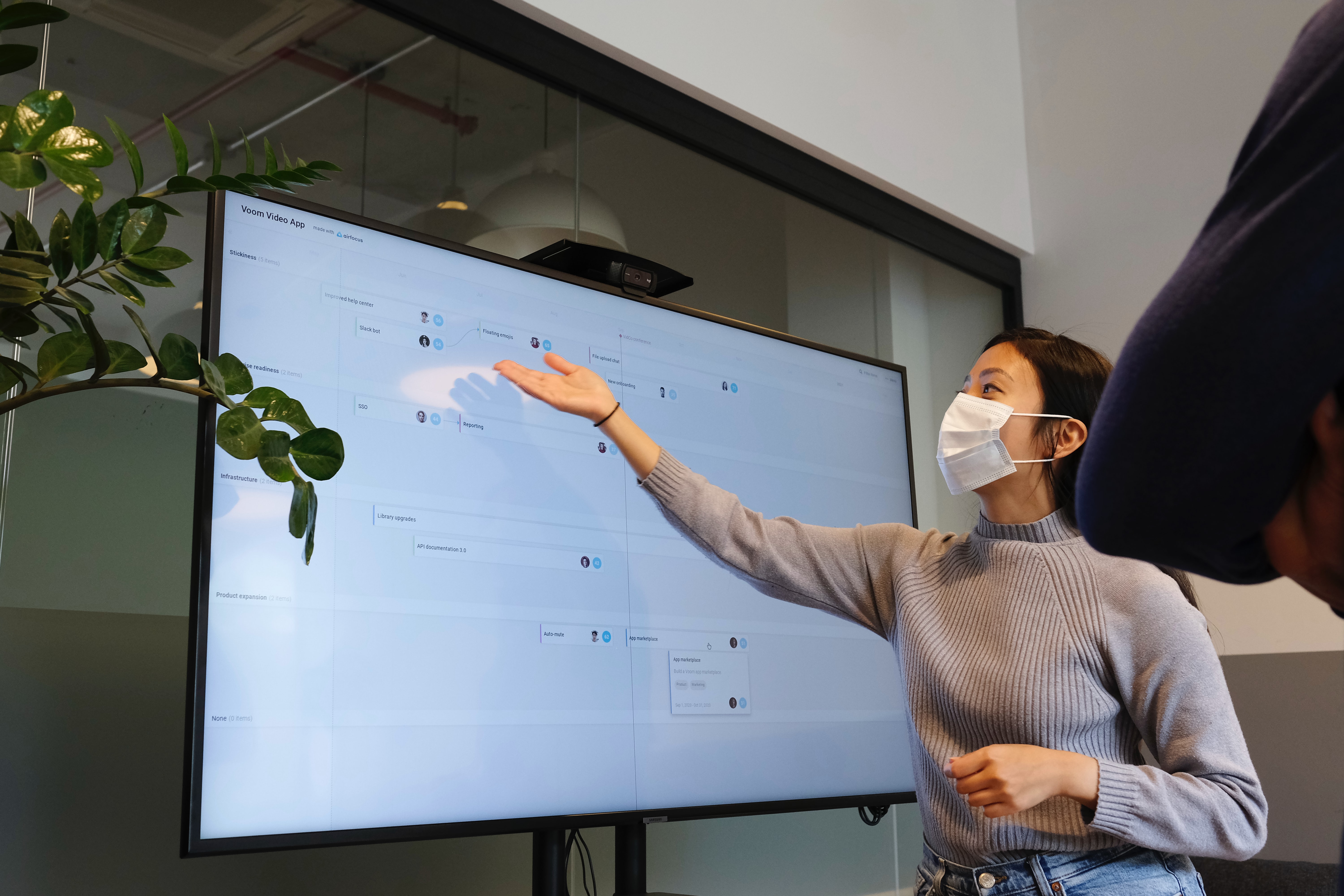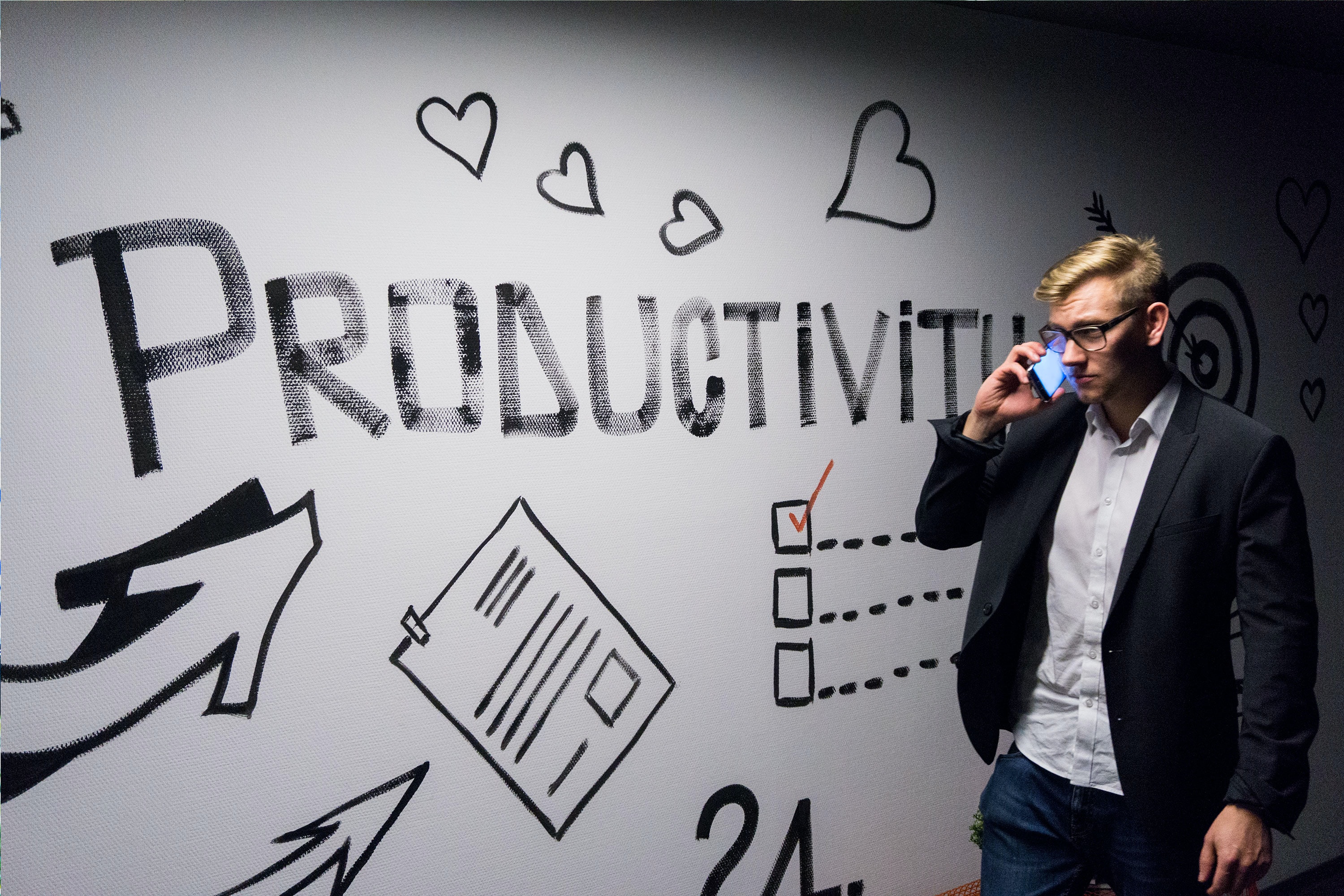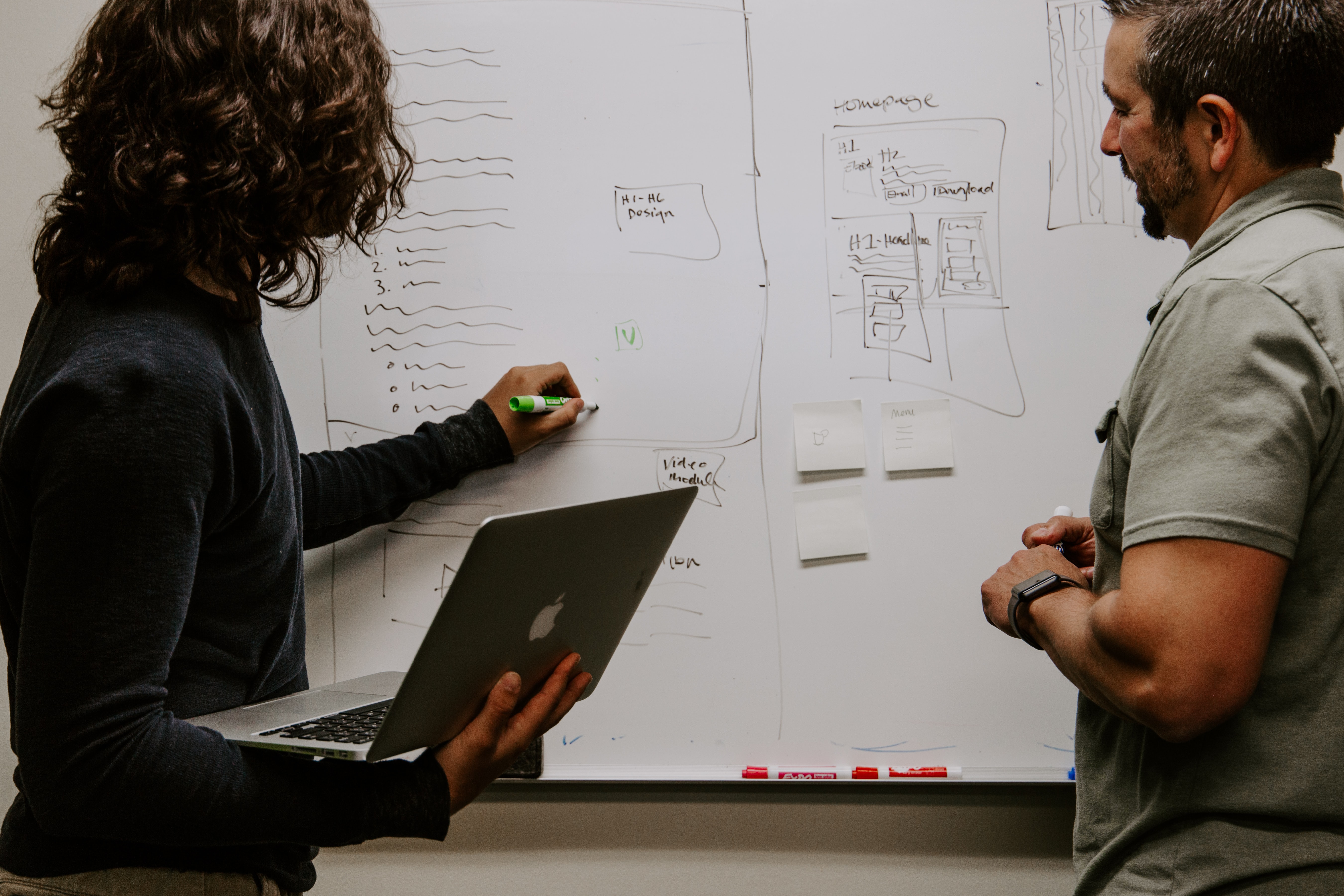In Vietnam’s Future Digital Economy, stakeholders refer Industry 4.0 is a chance for companies to make a breakthrough and become key tech players in digital transformation to meet the demands of the changing market.
Beyond just upgrading software or hiring more savvy staff, organizations need to place digital transformation as a top priority, and focusing on employee experience is crucial to this process. Thus, companies still have more work to do if they want to create sustainable ecosystems for transformation and innovation.
Here are some ways to ensure this process not only takes place efficiently, but is sustainable for the long-term growth of your business.

Shifting from a reactionary mindset to inspiration and innovation
In Vietnam, it's no secret that businesses have the potential for great success. As we saw with the COVID-19 response, Vietnamese are resilient. They know how to organize themselves quickly, face urgent challenges, and will always emerge better and stronger — even from hard times.
However, while being resilient and flexible in reaction to change are necessary qualities, alone, they don’t always drive innovation in the workplace.
For innovation to take place, shifting away from a reactive mindset and moving towards a proactive mindset requires becoming inspired and empowered to create new ideas and outcomes. This “forward thinking” approach can be a critical first step to begin the process of digital transformation.
"When there is room for people to be inspired, innovation happens."
Understand that change starts on a human level
Cultural transformation is not merely a business plan.
When your company is ready to take the next step as a digital leader, strengthening your corporate culture, while ensuring everyone is on the same page is important.

Simon Sinek, a thought leader in organizational transformation, advises that when companies want to begin cultural transformation, they often approach it like they are launching a marketing campaign. But to truly transform as a business, everyone in the organization should understand the goal.
"Instead of developing a plan for transformation, focus on people first. Approach employees as human beings."
Here are some questions to consider as you begin this process:
- What purpose does digital transformation offer for your organization as a whole?
- In what ways does business transformation affect your individual employees, and how will you translate this vision of change top-down, from managers to employees?
When your company culture is aligned on a shared vision, cultural transformation will naturally follow.
Focus on employee experience and smoothen internal communications
An organization is only as effective as the sum of its parts. Each person in your organization is a critical component of the overall engine of your business.
The satisfaction and experience of your employees can be a make-it-or-break-it factor for how well your business operates. If your employees aren’t satisfied, this can lead to unwanted burnout, turnover, or decreased productivity.

These are two key actions an organization can take working to improve employee experience:
1. Practice sharing knowledge and perception to increase overall expertise
It happens often in both small and large organizations that teams are not fully aware of how other teams within the business operate.
A department might have great cohesion internally, but not have much awareness of how other departments meet their targets, define success, or approach challenges. Sharing knowledge between departments, especially across tech and non-tech roles, can be extremely helpful.
For example, simplifying tech language that only your IT or product teams understand can help other members of the organization be more successful, especially those who are responsible for reaching new clients or growing the business.
While tech folks might be digital production experts, it is possible that they benefit from the expertise of marketing, customer, or sales teams.

Sometimes, your customers might not be the tech experts; they just need a solution to solve their problem at hand. Are your tech teams able to explain digital products — and the solutions they provide — in a way that is simple, and memorable for the customer?
For the non-tech departments, ensuring that customer insights are communicated back to product teams can create an equally important effect. Product teams can’t predict the minds of their customers, but your marketing and strategy teams might.
"Ensure that there is collaboration and conversation between both tech and non-tech sides, so that there are rarely any gaps when it comes to customer experience."
Ultimately, when there is more shared knowledge between departments, communication is smoother and there is always someone who can liaise between the tech experts, end consumers, and decision-making parties.
2. Exchange constructive feedback to create new, innovative solutions

Collaboration and innovation go together, but are not the same thing. Working collaboratively with someone and getting along in the workplace doesn’t always translate to new ideas or innovative products.
If you have hired an employee to be part of any team in your organization, it’s likely because you believe that they have ideas or skills which will contribute to your larger vision. However, staying with certain tasks or projects may keep their mindset stuck with old skills.
Instead, diversify the “stakeholders” in a creative process. Ask different teams for ideas and feedback, ensuring that folks with different expertise are given ample opportunities to offer their creative perspectives. Seeing a project or a situation from a fresh angle can open up new avenues to generate creative solutions.
"When employees are given opportunities to exchange critical and creative feedback, they become collaborative sources of diverse perspectives. These diverse perspectives are what will make your company creative and innovative".
Don’t forget about the customer experience

In tech companies, especially, shifting the mindset from product-centric to customer-centric can be one of the strategic changes for an organization to develop their competitive advantage on the market.
Regardless of which department an individual belongs to within your organization, the focus of each team should always go back to the customer experience.
"At the end of the day, your customers are the energetic currents who will drive your business, keep the lights on, and ensure that your business continues to serve a purpose."
Whenever your company is facing a challenge or at a decision-making crossroads, it can be helpful to ask yourself: how does this impact my customer? Every dot is connected to each other. When employee experience creates value, it will also generate value creation for your customer experience. In short, one small internal change can boost direct profits to your company.
Defining your corporate culture

If you’re ready to take the leap and truly emerge as a leader in digital transformation, defining your corporate culture’s vision is the next step.
Collaborative workshops that facilitate creativity, productive feedback sessions, and authentic communication across teams can be a good place to start.
Some potential outcomes of collaborative workshops:
- Working together as a team to identify the talents and human skills at the intersection of both your tech and non-tech roles
- Stimulate team creativity by consolidating and mutualizing diverse points of view
- Shifting the company mindset from product-centric to customer-centric and returning to a shared vision
To learn more about how TYDE Consulting can support your team in digital transformation, contact us.
